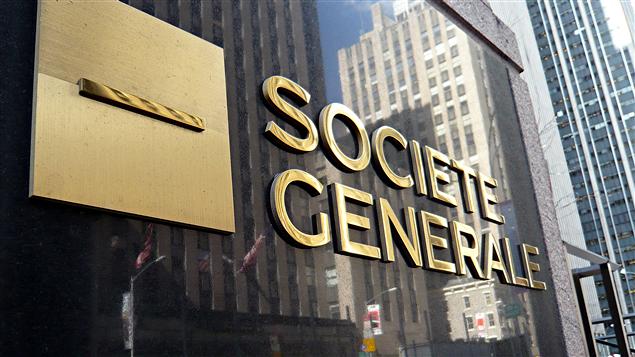French multinational bank Societe Generale announced today that it expects to pay €1.2 billion ($1.4 billion) in penalties to United States authorities to settle international sanction violations in the coming weeks.
According to the statement from the bank, it is in active talks with US authorities to settle an investigation concerning US dollar transactions that were processed by the French bank and involved countries that have US economic sanctions against them.
In an update released today, the bank said: “Societe Generale expects that the amount of the penalties in the U.S. Sanctions Matter will be almost entirely covered by the provision for disputes allocated to this matter.”
Currently, the bank has €1.43 billion set aside to cover the legal penalties. Societe Generale has been tied up in a number of costly legal battles for more than a year. However, this is the last case that the bank needs to settle in regard to violating US sanctions.
Another fine for Societe Generale
In June of this year, Finance Magnates reported that the bank had reached an agreement to pay $475 million to settle a class action suit which alleged that its managers tried to manipulate the London Interbank Offered Rate. Libor , as it is known, is a key interest rate used in contracts.
According to the indictment, between May 2010 and mid-2012, certain members of the bank’s management team, including the CFO, head of investment banking and treasury manager, reported false rates. These artificially low numbers were used to set the euro and US dollar Libor.
The bank’s deputy CEO Didier Valet left in March as a result of this case. Valet was in charge of the firm’s investment banking activities.
Around mid-2017, Societe Generale also paid €963 million to settle a dispute with the Libyan Investment Authority, a government-managed sovereign wealth fund.


















